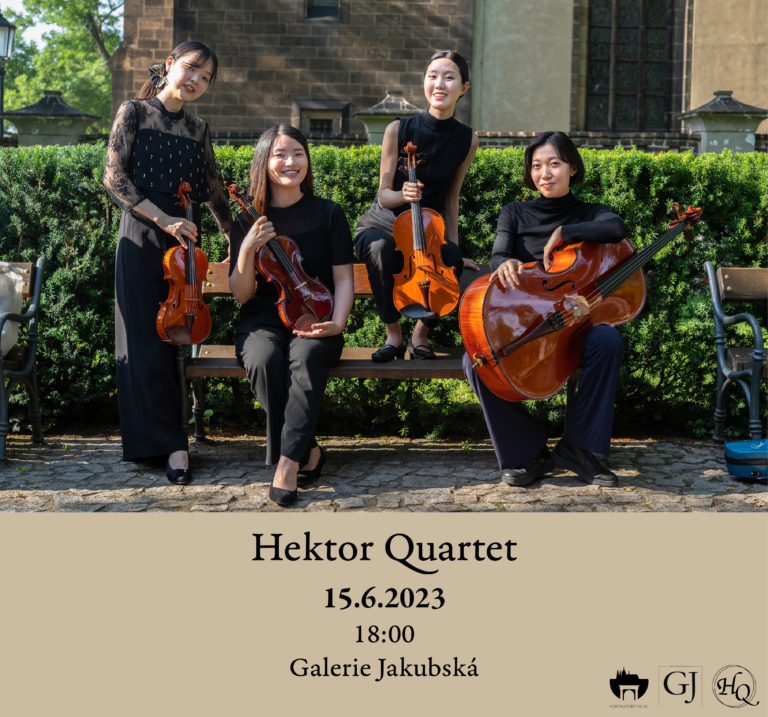When we hear the term “baroque music,” most of us immediately think of the various courts of
Europe in the 17th and early 18th centuries, where the music of Vivaldi or Bach was played for
kings and nobles. Well, it’s a fair image, but not the only one. There was also a musical Baroque on
another continent. As a result of colonialism, European music had made its way to Central and
South American, even if most of the Baroque composers in those regions don’t show up in the
music history books.
The old colonial cities of Latin America, from Mexico City and Bogotá to Lima, Santiago de
Chile and Cordoba in the south were bastions of Latin American baroque music.
The architecture of the age when Spanish power and wealth were at their height clearly left its mark
on the culture of the continent.
In recent years, we’ve become more aware of the equally important role played by music from
the same period, in terms of the amazing legacy left from the colonial period and the influence of
the European Baroque style on popular and traditional music.
Naturally, these new Baroque cathedrals required maestros de capilla to oversee liturgical music, to
train musicians and to compose new works. Musicians from Spain, Portugal and Italy arrived to fill
these posts and the city of Puebla in Mexico became an early centre of musical excellence.
Beyond the colonial cities, in the jungles and grasslands of Bolivia, Paraguay and northern
Argentina yet another fascinating musical development was taking place, and one which brings our
story full-circle, taking South American Baroque music back to the present and back to Europe.
When the Jesuits arrived in South America, they were given permission to set up autonomous
mission stations (known as reductions) until eventually, the Spanish, jealous of the Jesuits’ power
and wealth, expelled them in 1767.
Tonight Ensemble Suspirium introduces you to a selection of Latin American repertoire from the
Baroque era. Some of this is from in the Codex Trujillo. Both the Spanish language and various
indigenous languages are featured, and church music is interspersed with secular repertoire.
Ensemble Suspirium consists of Iris Bouman (vocals), MengHan Wu (baroque violin), Gala
Lozynska (baroque cello), Punto Bawono (baroque guitar), Francesco Elgorni (harpsichord) and
Ramon Lormans (percussion).





